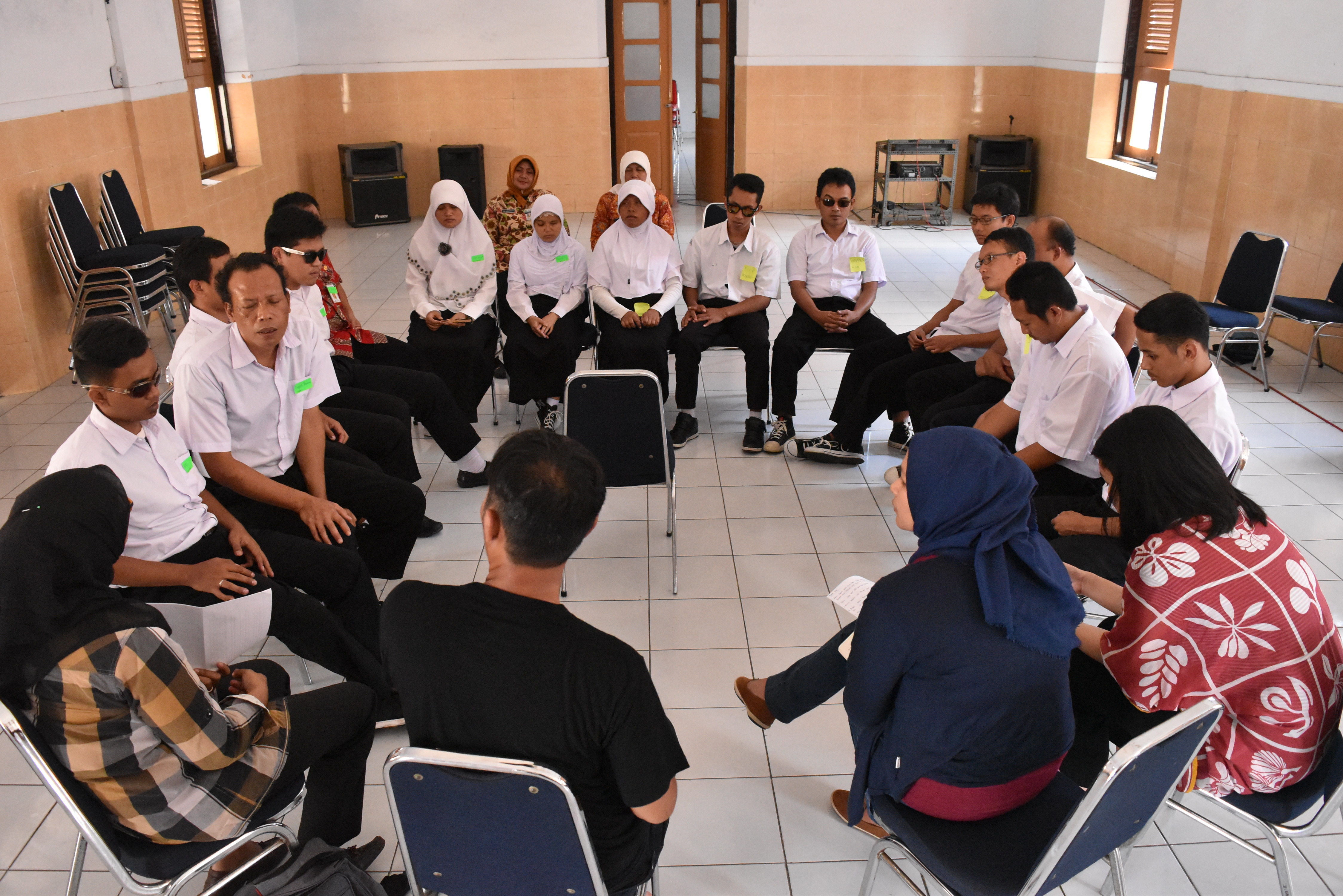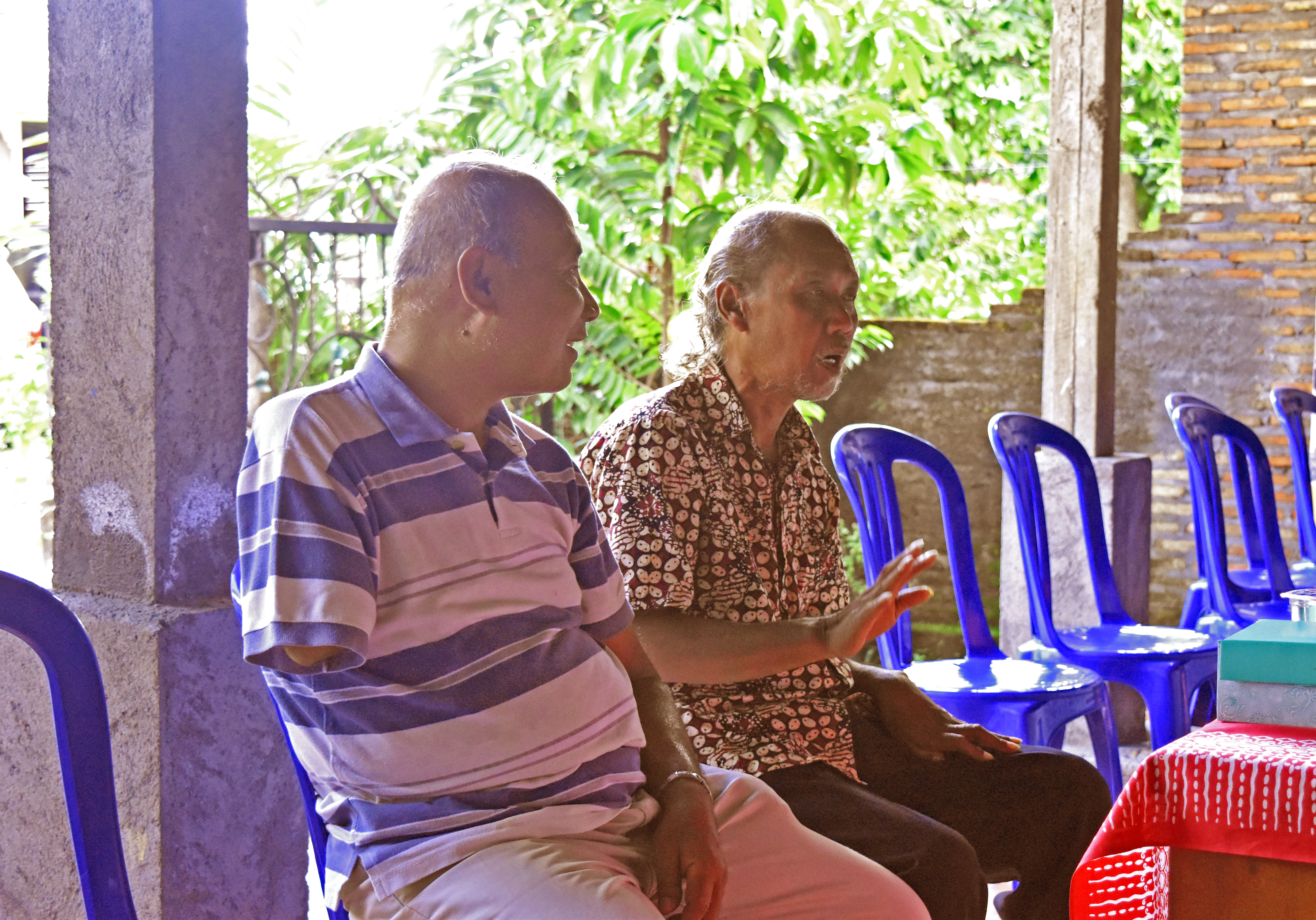Participatory Approach for Disability-Inclusive City
Solo, Central Java, Indonesia
A Disability-Inclusive City Profile of Solo uses the current, fit-for-purpose data collected through participatory methodologies to represent disability issues through maps and graphics. The project addresses existing data gaps at the municipal level and helps policymakers visualize that the citizens with disabilities face on a daily basis
Reliable, disaggregated and fit-for-purpose data is essential for the design, implementation and evaluation of any policy that aims to promote social inclusion of vulnerable groups, including persons with disabilities. Indonesian cities are often at the forefront of inclusive social policy innovation to fulfil the rights of persons with disabilities. The efforts of the government and the civil society are hampered by the lack of relevant up-to-date and accurate data at the local and municipal levels.
Currently, the available data on disability from the official sources, responsible city-level and/or national-level departments datasets is scarce - often outdated to be useful for effective planning and policy making.
Moreover, the data on disability is often aggregated at the national level, making it very difficult for the municipal policymakers to utilize it for local policy design. One way for city authorities to bridge this gap is by fostering closer links with persons with disabilities, increasing their participation in knowledge production and policy processes in order to enhance the impact and effectiveness of city-level policy and action. This improved process of data collection and management ultimately contributes to strengthening of the inclusive character of urban environments.

In 2017, Kota Kita collaborated with UNESCO to conduct a city-wide participatory data collection in Solo. The neighborhood-level mapping exercise led to the enrichment and standardization of the participatory data collection methodology, and the development of a disability-inclusive city profile for advocacy.
The Solo City legislature had already passed the Local Law 2/2008 on Disability Rights which was hailed as breakthrough as it preceded the national ratification of UNCRPD in 2011. This regulation declared Solo as an ‘Inclusive City’ and called for citywide action based on ‘right-based approach to disability


